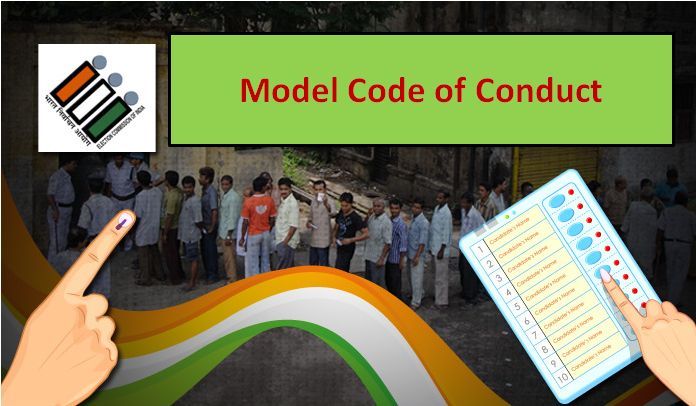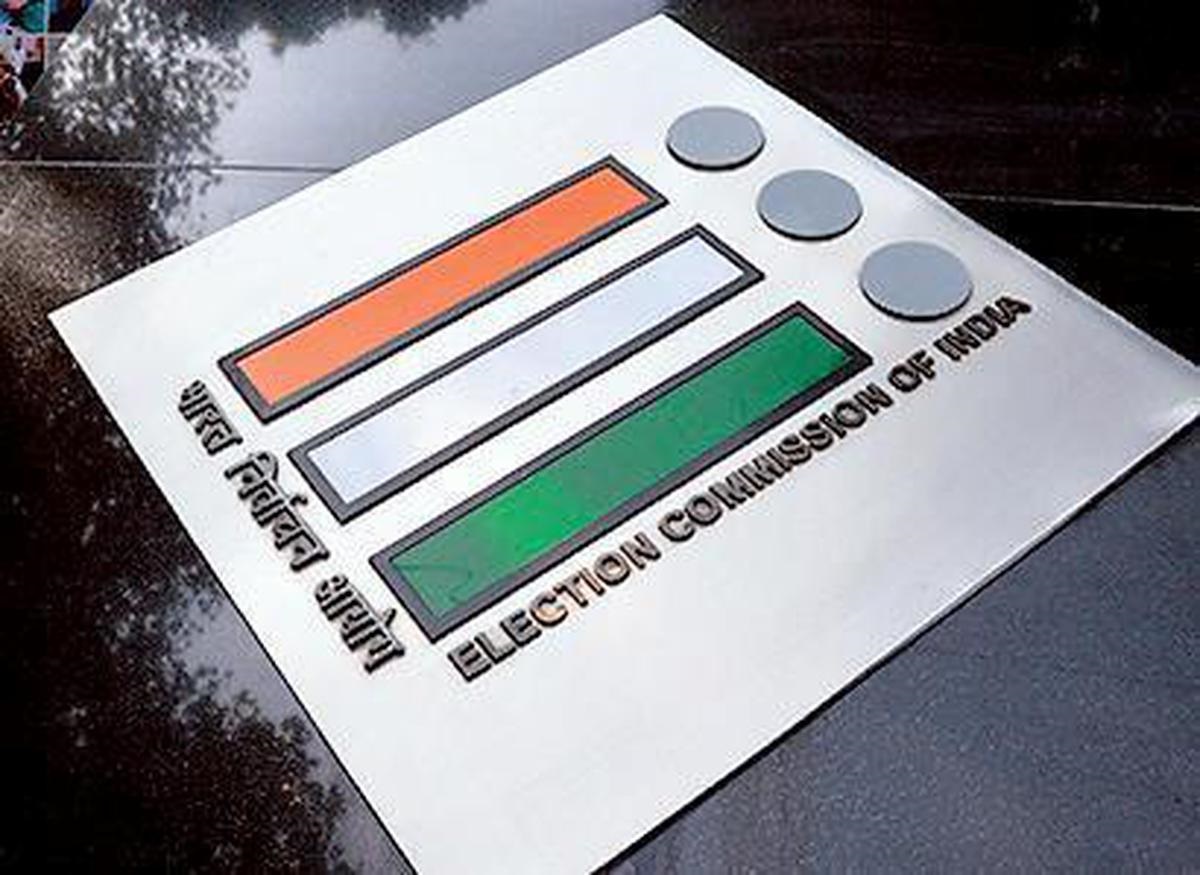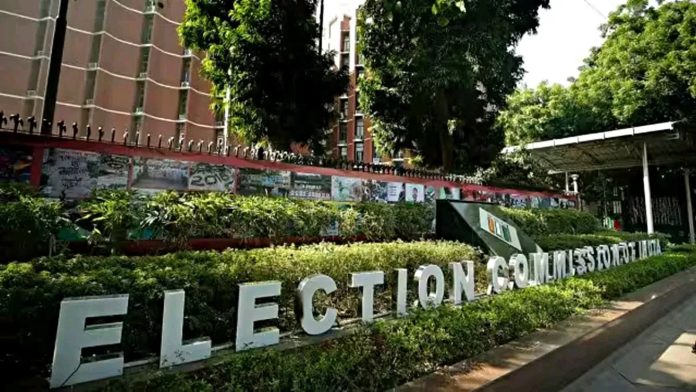- The campaigning for the ongoing seven-phase Lok Sabha polls concluded last week with the last phase of polling behind us when you go through this article. Who knows, by then the results too would have been known as to which political alliance would assume office. However, it must be mentioned that undertaking such an arduous, humongous, and mammoth exercise of conducting free, fair, and peaceful elections across the length and breadth of the country is no mean task. Almost 100 million voters have exercised their universal franchise in choosing their representatives to power the nation to glory. There were a sizeable number of first-time voters among the millions who participated in the Dancy of Democracy. That’s most welcome.

PC:
- The grueling campaigning witnessed in the country would have provided a great opportunity for ordinary citizens to appreciate how well the Election Commission of India goes about ensuring the elections are conducted. As can be easily comprehended, regulating the 18th LS election has presented EC with unique challenges. For instance, the proliferation of campaigning through social media and the use of deepfakes are currents of recent origin. As such, at the tail end of the world’s largest democratic exercise, there are important takeaways for the EC. It is imperative to act on these, to impose the experience of all stakeholders from here on. No way EC has been found wanting to discharge its avowed responsibilities. But a little improvement is worth considering.
- Note that using Jan 1 as a reference point, the electorate’s size had already expanded since 2019 by another 72.8m to 968.8m voters. Over 18m in the 18-19 age group became eligible to vote. This is no small number by any stretch of the imagination. Voting for most requires traveling to polling booths. Evidence indicates that it’s not always been an easy experience. Take for instance Delhi’s seven seats, there was a decline in both the number of booths and locations compared to 2019, even though the electorate had expanded by 9L. The impact of such a squeeze is unevenly spread, though it does tend to make voting harder for the elderly. Polling booths need to be in sync with changes in the electorate’s size.

PC: The Hindu
- Further, if India’s elections are credible, the EC deserves most of the credit. In a society with many fault lines, the transfer of power has been smooth because the electorate trusted in the process. An aspect that engenders trust is the timely release of data, even if this isn’t legally mandated. Yes, doubt is created because of want of information. India’s political discourse can be coarse. During election season, it gets worse. The unusually long duration – over six weeks – meant that the EC was placed under a lot more pressure in terms of violations of the model code of conduct (MCC). Intense heatwaves this summer didn’t help matters much either. MCC must be upheld by the EC at all costs. All in all, the EC deserves accolades. But can do better next time around.






